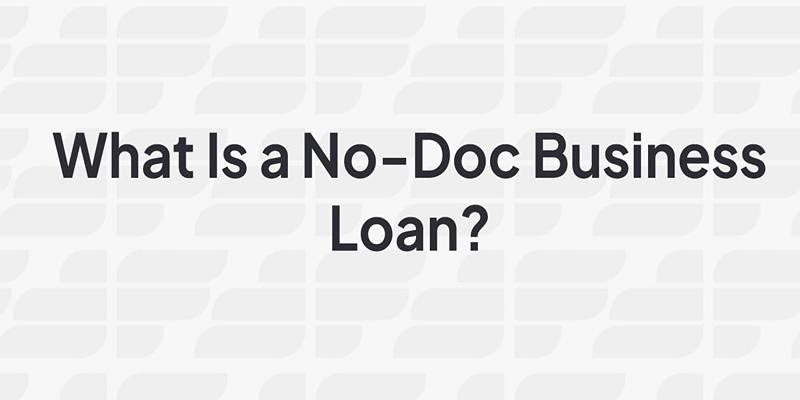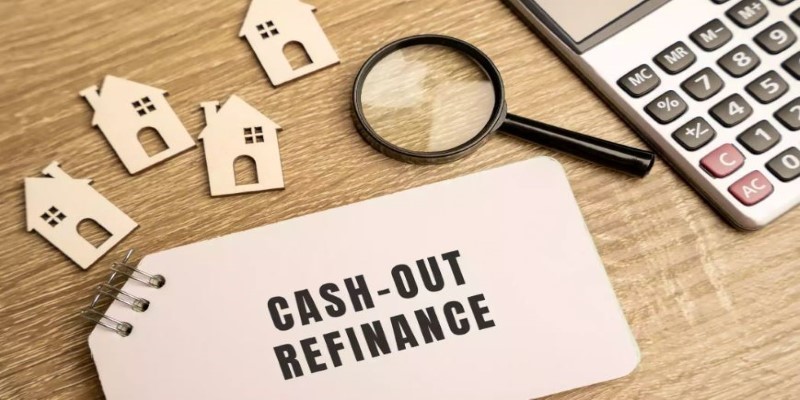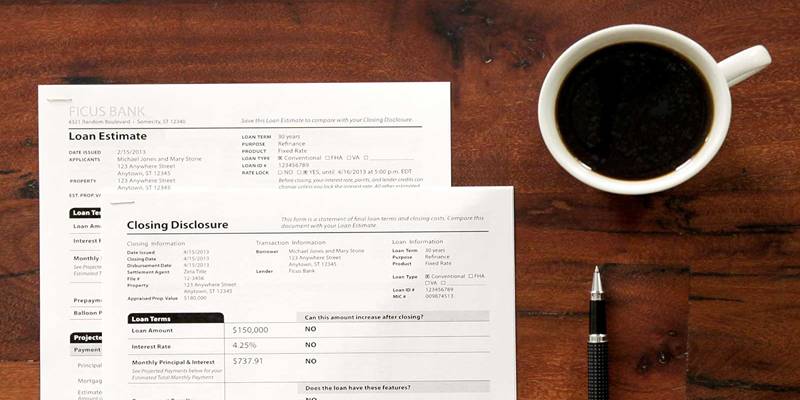Starting an online store can be an exciting way to launch your business and reach customers worldwide. However, you may wonder if you need a business license to get started. Understanding the basics of licensing can save you from legal issues down the road. This guide will explain whether a license is necessary, why it might be important, and how to ensure you're starting your online business the right way.
Do All Online Stores Need a Business License?
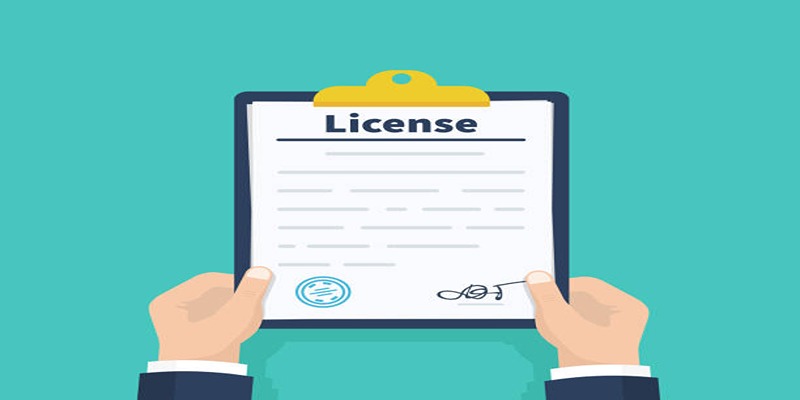
The short answer is that most online stores will require at least one type of business license or permit to stay compliant with the law. However, what kind of license you’ll need depends on several factors, including your location, the products you sell, and the services you offer. Here's why:
Legitimacy and Credibility
Having a business license gives your store legitimacy in the eyes of your customers and increases their trust in your brand. It’s also a legal requirement in most cases to operate any kind of business.
Compliance with Local Regulations
Each city, state, or country has unique business regulations. A license ensures you meet these standards and avoid costly fines or future interruptions.
Taxation Purposes
When you acquire a business license, it helps the government track your business for tax purposes, both at a state and federal level. Failing to acquire the proper documentation could lead to issues with tax compliance.
What Types of Business Licenses Might You Need?
Depending on your location and the nature of your online store, you may need one or more of the following licenses:
1. General Business License
A general business license is often the basic requirement to legally operate, regardless of whether you’re running a physical storefront or an online store. This license ensures that your business is registered at a state, city, or county level.
- Who needs it? Any business owner, including online-only stores, may be required to have this license depending on your location.
- Where to get it? Check with your city or county clerk’s office for local requirements.
2. Sales Tax Permit
If your online store sells tangible goods or taxable services, you’ll likely need a sales tax permit. This allows you to collect and remit sales tax in the states where your business operates.
- Who needs it? Nearly all online stores selling physical products, especially if your state requires sales tax on goods.
- Where to get it? Your state’s Department of Revenue website.
3. Home Occupation Permit
If you’re running your online store from home, you might need a home occupation permit. Certain communities have zoning laws that restrict running businesses out of your residence, and this permit ensures compliance.
- Who needs it? Those who run their business from residential property.
- Where to get it? Check your local zoning department.
4. Reseller’s Permit
A reseller’s permit (or resale certificate) allows you to purchase products wholesale without paying sales tax upfront. This is especially useful for online businesses buying in bulk and reselling to customers.
- Who needs it? Store owners purchasing products from suppliers or wholesalers to resell.
- Where to get it? Your state’s taxation or revenue department.
5. Seller’s Permit
A seller’s permit is often required to sell goods directly to customers, even when operating as an online store. It’s similar to a sales tax permit but slightly broader in its scope depending on the state.
- Who needs it? Most e-commerce businesses selling goods or services to consumers.
- Where to get it? Local or state government websites.
6. Professional or Industry-Based Licenses
If your online shop sells specialized items like food, or firearms, you might require specific industry licenses. For instance:
- Food products often require certifications from health or agriculture departments.
- Cosmetics may require adherence to FDA guidelines in the United States.
Do Sole Proprietors Need a Business License?
If you’re operating as a sole proprietor, you might be wondering if the rules apply to you. The answer is yes, though in many cases, your licensing requirements may be simpler:
- You may not need formal business registration (e.g., an LLC or corporation filing), but you still need the appropriate state or local licenses to sell products.
- Don't forget to register a DBA (Doing Business As) name if you're running your store under a name other than your legal one.
What Happens If You Skip Getting a License?
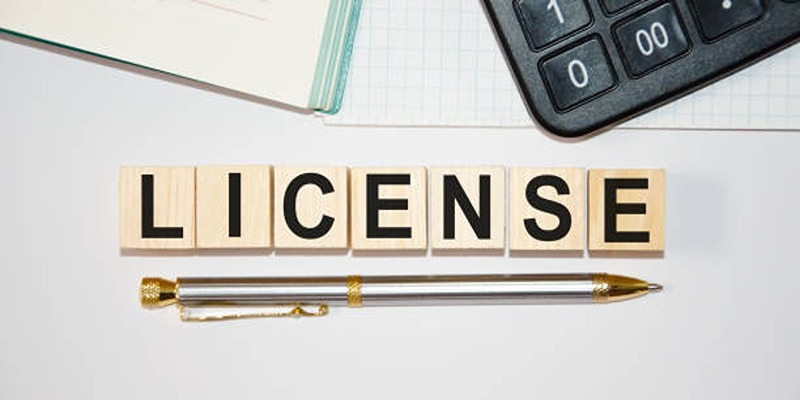
While it might seem tempting to skip acquiring a license to save time or money, the risks aren’t worth it. Operating without the proper permits could lead to:
- Fines or Penalties: Running a business without the correct licenses could result in steep fines.
- Closure of Business: Regulatory authorities may suspend or completely shut down operations.
- Legal Issues: Non-compliance with tax requirements could lead to audits or lawsuits.
The cost of rectifying these mistakes far outweighs the cost of obtaining the proper documentation from the outset.
How to Get Started with Your Business License
Here’s how to begin securing the licenses you need:
- Research Local Requirements: Start by checking your city and state government websites to identify what’s legally required for your specific location.
- Determine Your Business Model: Establish your business structure (sole proprietorship, LLC, S-Corp, etc.), as it may influence your licensing needs.
- Prepare Necessary Documentation: Gather required details like your employer identification number (EIN), business name, and address.
- Submit Your Application(s): Most general business license applications can be completed online, but some may require you to visit local offices.
- Stay Compliant: Many licenses require periodic renewals, so stay on top of your deadlines to avoid interruptions.
Conclusion
Obtaining the appropriate licenses and permits is a critical step in establishing and maintaining a compliant and successful business. By understanding your local requirements, preparing the necessary documentation, and staying vigilant about renewals, you can ensure your business operates smoothly and avoids potential penalties. Taking these steps not only helps meet legal obligations but also builds credibility and trust with your customers and community.




